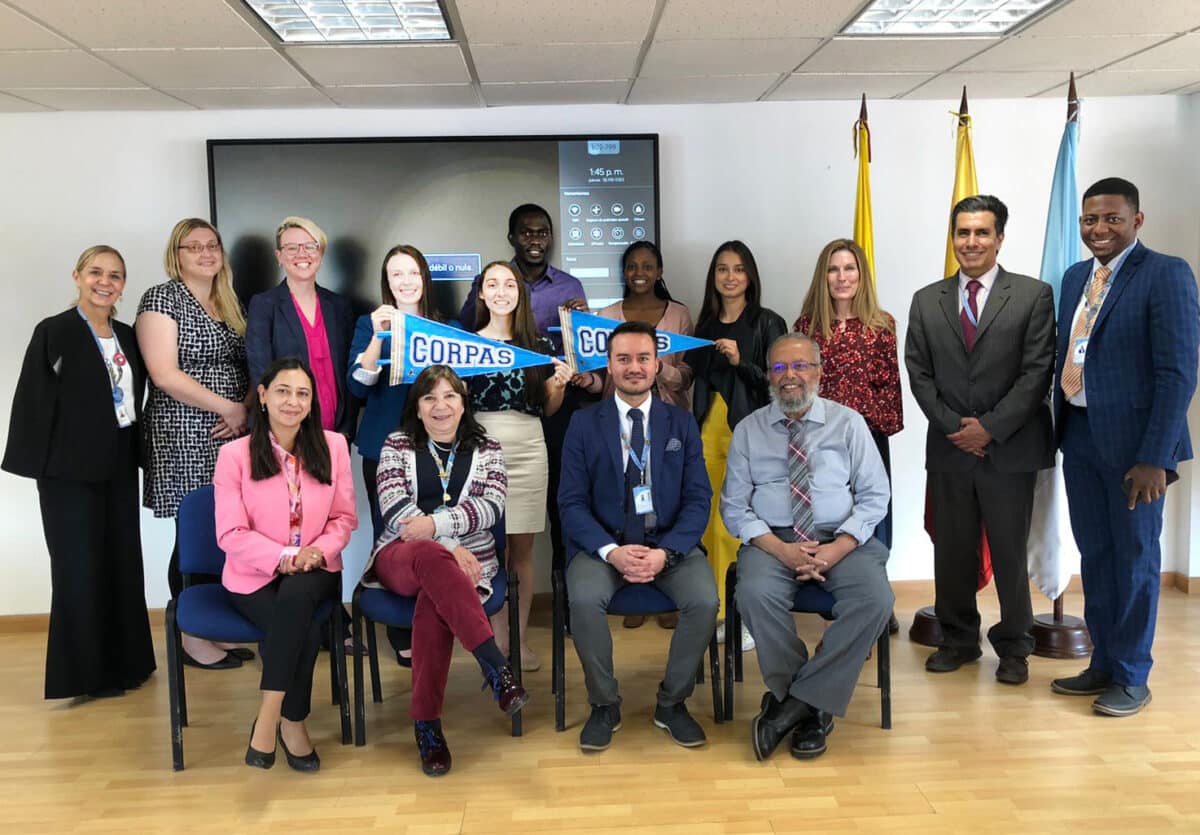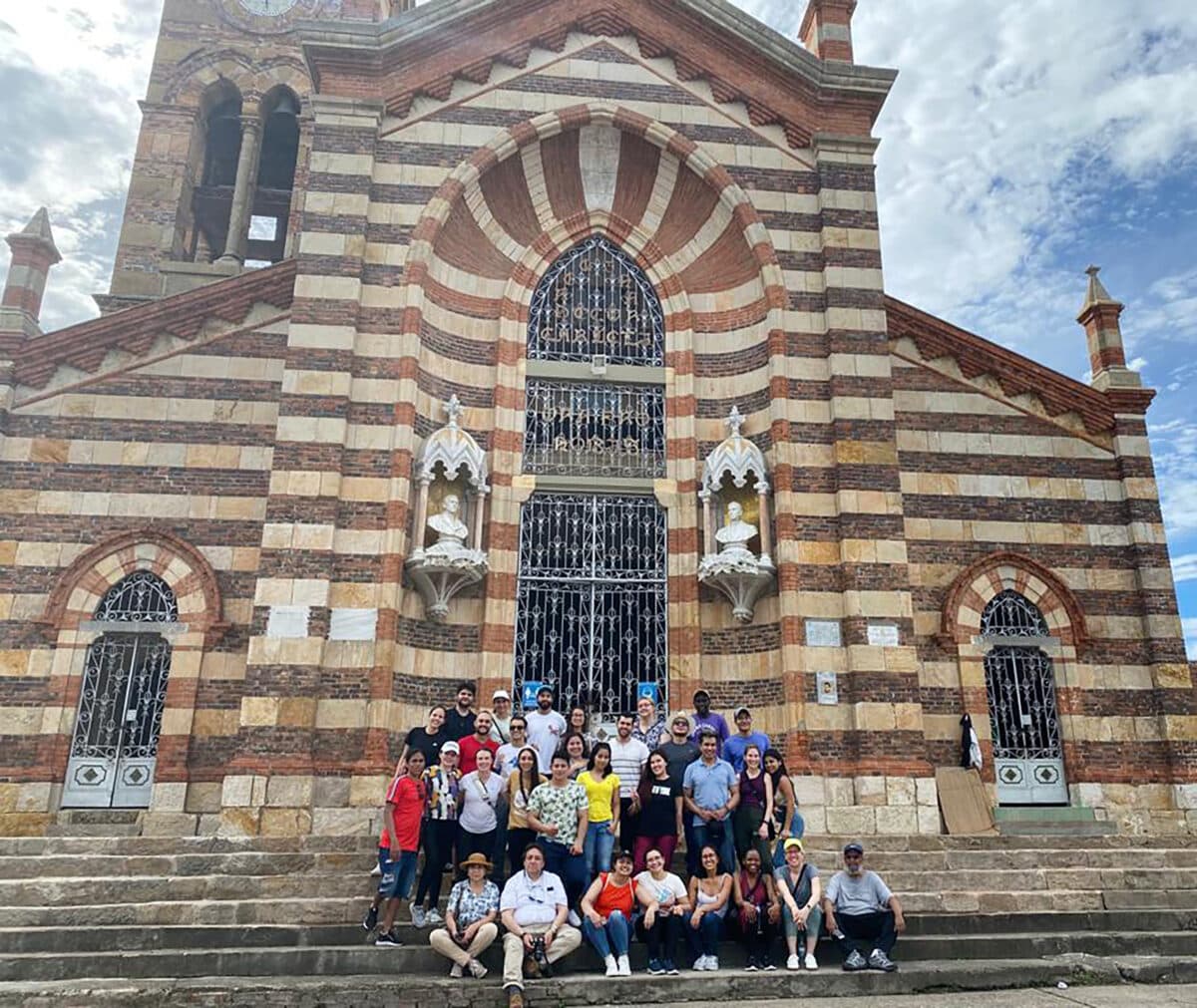As a future Latina podiatric physician, I believe it is imperative for me to work alongside other medical professionals and community leaders in hopes of providing the best medical services to our patients. I aspire to work with individuals from underserved communities to meet the challenges of managing their diabetes. I believe that health care is a universal partnership in which we all need to learn from one other. The programs that we need to work toward should be built on the principles of education, with emphasis on granting access to numerous resources on diabetic education, wound care management, nutrition and daily routine foot exams.

Last spring semester, I was afforded the opportunity to interact with different medical and public health care professionals in Colombia via the Collaborative Online International Learning course in medicine. I then traveled to Bogotá, Colombia, for nine days in the summer. I worked closely with four other medical students, one from the Fundación Universitaria Juan N. Corpas and three from the Universidad de los Andes, in which we researched and analyzed infant mortality rates in Medellín, Colombia, and Concordia Parish, LA.
We realized that even though our fields of study in medicine were different, we found a common ground in public health and realized how much a community can be affected by the lack of health care resources and education. As we traveled to different parts of Colombia, we were exposed to different socioeconomic statuses, witnessed an election and visited various public health care clinics. We spoke to the American Red Cross about the Venezuelan migration crisis, in which more than six million Venezuelans have left the country as a result of political turmoil, socio-economic instability and human rights violations. We witnessed thousands of migrants walking through checkpoints throughout Colombia.
We also learned a great deal of history behind a community in Aqua de Dios that was once plagued by leprosy, an experience that has shaped the way I interact with patients. We spent three days in this beautiful community and interacted with patients who were abandoned by their families in the 1950s. I realized after talking with them that even though the disease may be present in its late stages, the person is never to be forgotten from their past, as the disease does not define who they are today.

As students, we should never learn solely through the lens of a book, because we will miss out on connecting with our patients and truly understanding their needs as they experience different challenges impacting their everyday lives. There is value in making an effort to diversify one’s self and working alongside people you don’t know in order to make a difference in someone’s life.
I am beyond grateful to Dean Kevin Smith, D.P.M.’95, Ph.D., FACFAS, in the College of Podiatric Medicine and Surgery and the global health department at Des Moines University for giving me this opportunity of a lifetime to participate in this program. It has furthered my understanding of the Latino community and how I can work toward making my patients feel valued, safe and listened to at all times.
Marlena Shantal Moore is a third-year student in DMU’s College of Podiatric Medicine and Surgery.

